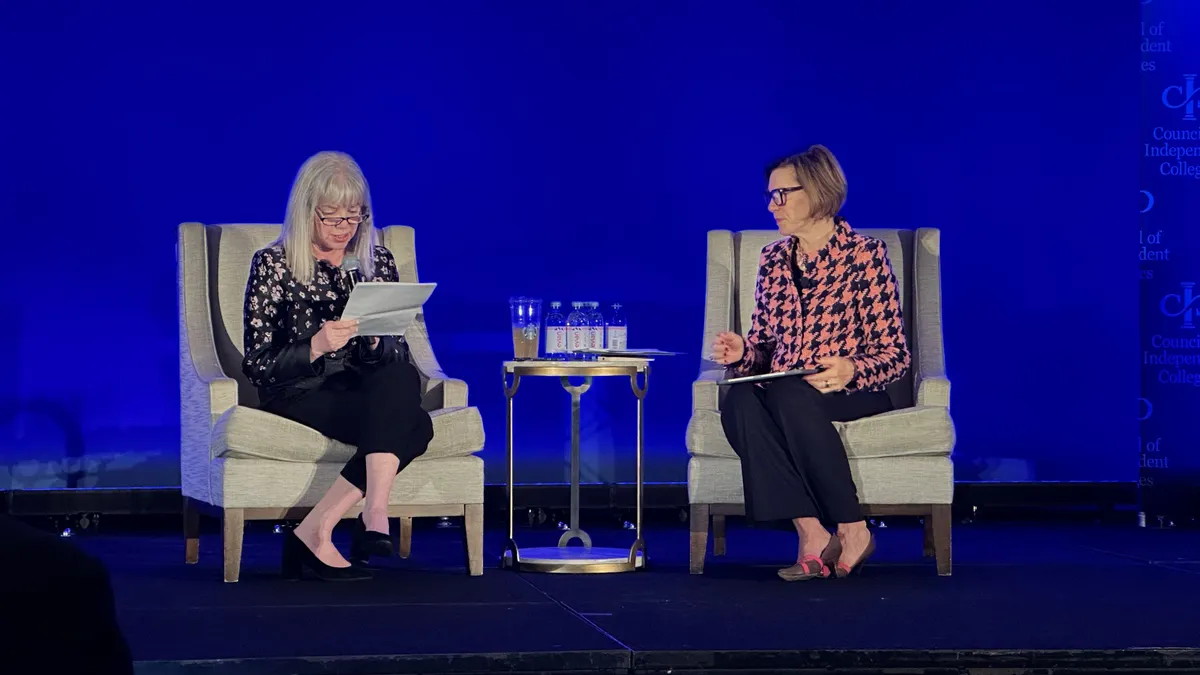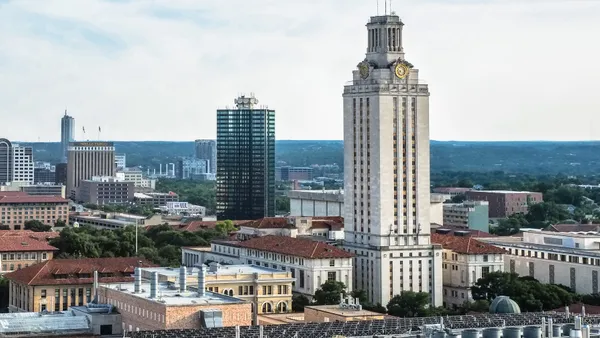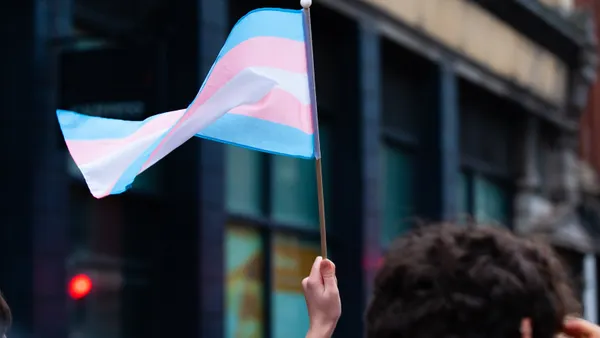Dive Brief:
- The City University of New York and Cooper Union are both working on policies that would limit protests on their campuses following student protests over a community center closing and a new tuition policy, respectively.
- The protests at both New York schools shut down buildings on campus and made headlines, and the new policies would narrowly define how, when and where protests can take place while imposing harsher consequences for anyone out of line.
- A draft of Cooper Union's new code of conduct forbids "deliberate or knowing disruption of the free flow of pedestrian traffic" and communication that "disrupts or interferes" with "orderly operation," while a CUNY draft declared the rights of free speech and public assembly subject to the needs of public order.
Dive Insight:
The Cooper Union policy change in particular follows a protest in which President Jamshed Bharucha's office was occupied by students for months, as well as demonstrations including staged readings, Ping-Pong ball drops and document releases. The school's student government is livid over their reduced role in drafting the policies and being involved in the disciplinary process. Meanwhile, at CUNY, the new policies would limit assembly and leaflet distribution to designated areas, forbid faculty from participating during working hours, and require 24 hours' notice of location, date, time and expected turnout. The college, of course, would be able to alter or deny said plans.
Students aren't the only ones taken aback by the actions: According to the president of CUNY's faculty and staff union, Barbara Bowen, “if CUNY is to be an intellectually vibrant university, it must recognize that ‘expressive activity’ is a vital part of campus life, not a danger to be confined to narrow limits.”












